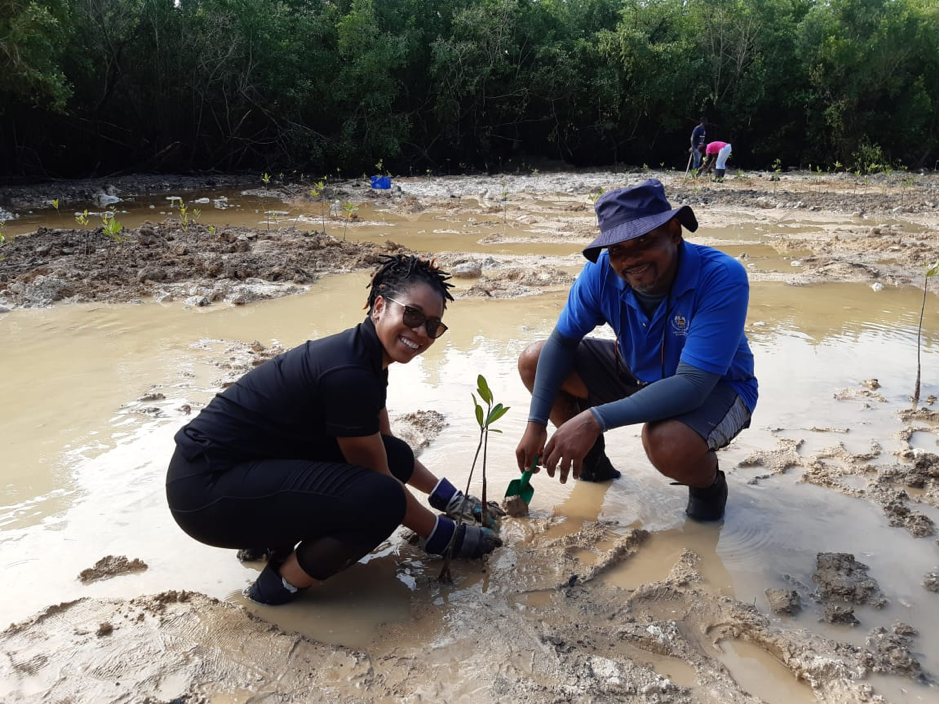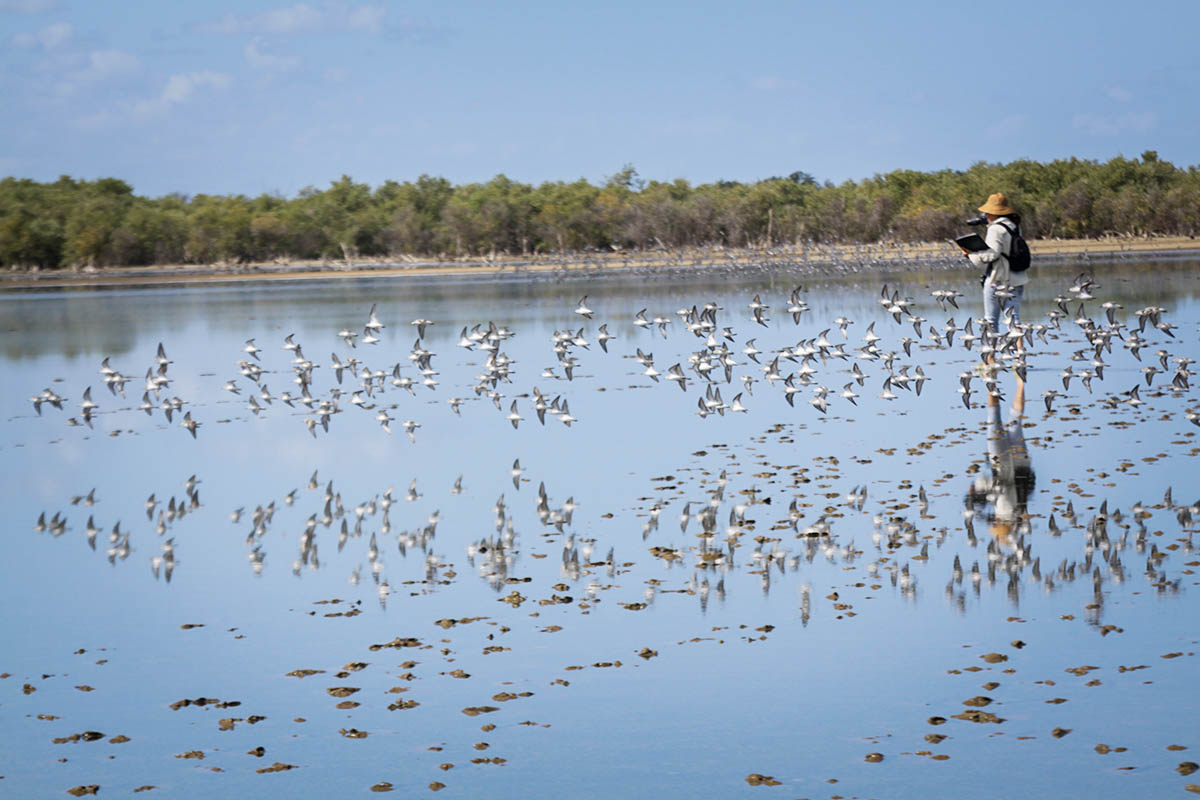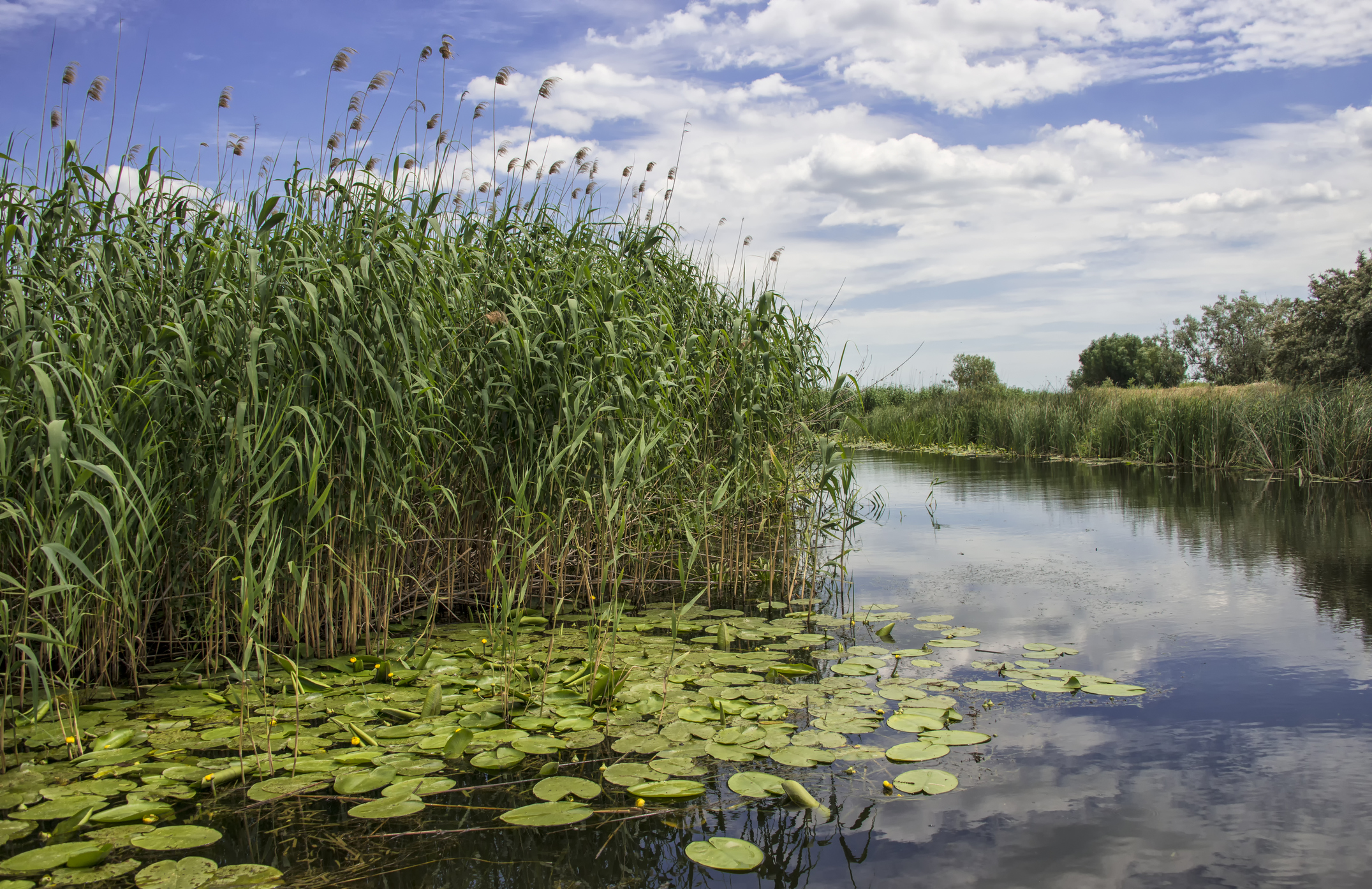| Implementing Agency | NEPA |
| Implementing partners | Stakeholders of Negril EPA |
| Project Duration | 4 years (2018-2022) |
| Funding Agency | Global Environment Facility |
| Grant Funds Allocated | US$3,114,685 |
| Co-financing |
US$10,343,678 |
| Government of Jamaica |
US$438,413 |
In addition, the project will support the Government of Jamaica (GoJ) policy , legal and institutional frameworks for sustainable land management, integrated management of water resources and the management of ecosystem services and taking into account climate change issues.
Integrated Approaches to Land Management, Land Use, Pollution Management and Manage- ment of the Hydrodynamics of the Negril Envi- ronmental Protection Area
- Hydrological Restoration of the Negril Environmental Protection Area
- Land use and management planning for the Negril Environmental Protection Area
- Baseline data compilation (including identification of priority problems andselectionofindicators)forthe project.
Improvement of Water, Land, Ecosystems and Biodiversity Resources of the Negril Morass, Taking into Account Climate Change, Sensitive Ecosystems and Ecosystem Services
- Pollution control and development of a monitoring protocol and system for assessment of project indica- tors
- Habitat/ecosystem rehabilitation investments for con- servation of internationally significant, endemic and migratory species.
Strengthening of policies and legal and institu- tional frameworks and Capacity building for sustainable land management, integrated man- agement of water resources and the manage- ment of ecosystem services, taking into account climate change
- Local Institutional andCommunityCapacityBuilding Build capacity for managing wetland ProtectedAreas.
Communication, Awareness, Policy Dialogue, Sustainability and Lessons Learnt
- Knowledge Building, Lessons Learnt and Research Activities
- Best environmental practice investments by farmers andlandowners(toaddressunsustainablelanduse withinthewetlandecosystems),supportedbyGEF- SGP.
- Select appropriate hydrological models that determine specific restoration needs
- Apply hydrological solutions to control water level and movement geared towards hydrological improvement of zonal waters
- Undertake land use surveys to determine historical wetland boundaries Develop and pilot an integrated pollution control and management programme
- Implementation of the Green Business initiatives within Tourism related entities and related SCP strategy and action plan
- Assessment of the spatial distribution of seagrass beds within Long Bay Develop and implement an effective ecosystem restoration programme
- Integrated land tenure programme implemented to resolve the current issues affecting the Negril Great Morass Establish an interactive, interpretive research and knowledge sharing centre within the Negril Royal Palm Reserve
- Work with private land owners to reduce wetland impacts by employing best environmental practices for wetland conservation and protection
- Develop a marketing and management plan for the Negril Royal Palm Reserve
- Train farmers insustainablefarmingpracticesandalternativelivelihoodprograms,usingbestenvironmental practices(BEP).
- The restoration of important elements of biodiversity of the Negril Great Morass that is significant nationally, regionally and globally;
- The reduction in the further degradation of peat resources, contributing to improved human health, water quality, air quality and ecosystem functions;
- Improvements inthelivelihoodsandstrengthenedlandusepracticeswithinlocalcommunities Strengthened management of the NegrilEPA.



.jpg)